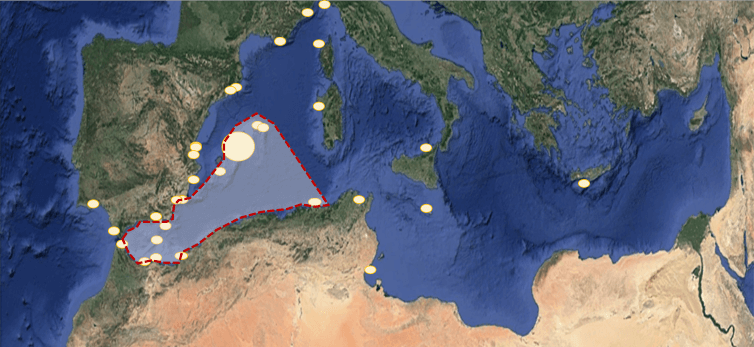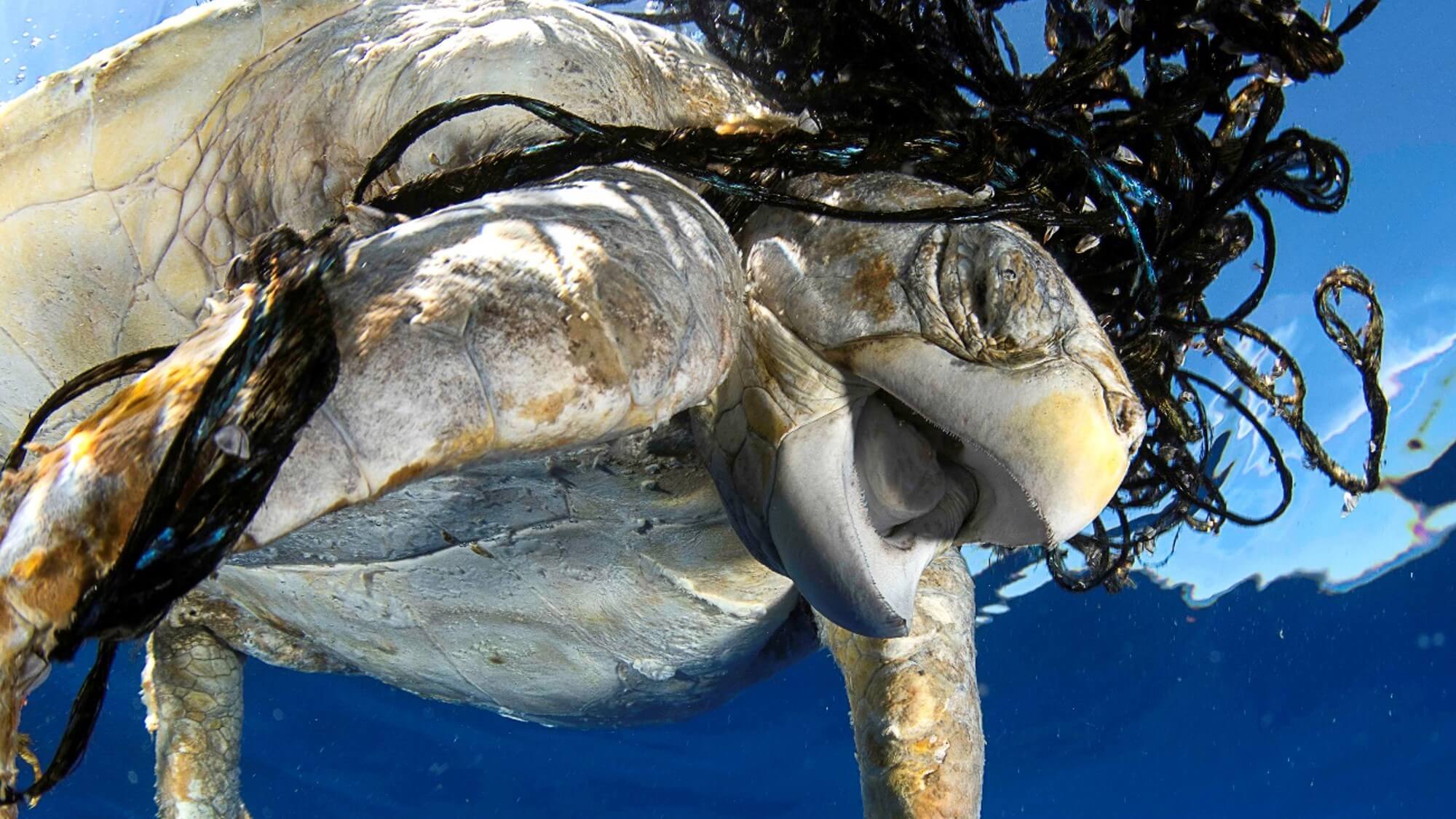Science to Action
Tackling urgent enviromental challenges throught research, education, and community engagement
The open sea ecosystem
The open sea ecosystem is the largest and less-known on the planet. Since 1989 Alnitak has conducted surveys in the deep waters of the western Mediterranean, offering volunteers a once-in-a-lifetime chance to make a hands-on contribution to the ongoing exploration, preservation and monitoring of this last great wild space.
I’s important that we previously note that the open sea is a 3-dimensional ecosystem. Below us, there are deep canyons, sharp cliffs, and even mountain ranges. Oh, and lots and lots of water.
During the course of your expedition, researchers on board will introduce you to this dynamic ecosystem, how it functions in the Mediterranean, what species are associated with what features, what we study, and why it’s important.
The Mediterranean in some ways is like a miniature Ocean, a perfect “lab” for us to work in.
Focus Areas

The Mediterranean Sea is the sea with the most history without a doubt, since the beginning of the Roman Empire it was known as Mare Nostrum, due to its translation from Latin, our sea, and not in vain, since it is the sea with most human activity recorded, with a greater impact on nature and the marine ecosystem and has one of the highest rates of pollution. We are going to change it, we believe in a sea that is not only ours, but which mainly belongs to all life that inhabits it, and we work to be able to make our presence sustainable.
Our main areas of action are the Balearic Sea and the Alboran Sea, although we collaborate with other associations, foundations, NGOs, rescue and research centers and scientists throughout the Mediterranean.

